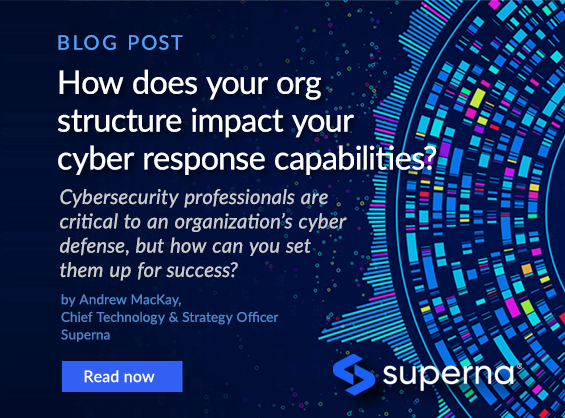Category: security integrations
Blogs
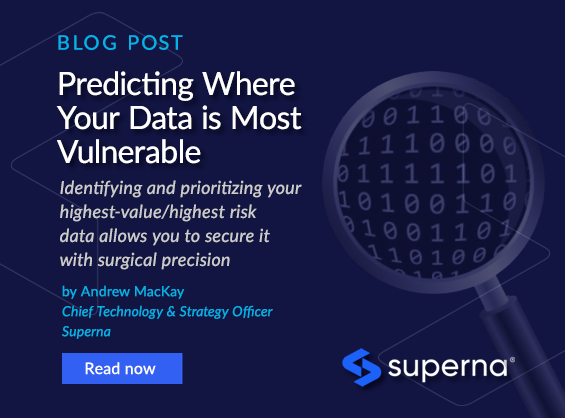
Predicting Where Your Data is Most Vulnerable
The typical approach to data security – a “boil the ocean” approach – tends to treat your IT infrastructure as the actual target for bad actors. But cybercriminals aren’t interested in your infrastructure; they want your data… and targeting your infrastructure is just a means for getting they get closer to your data. And since perimeter defenses can be easily breached, today’s threats call for a different approach to data security. Read More Blogs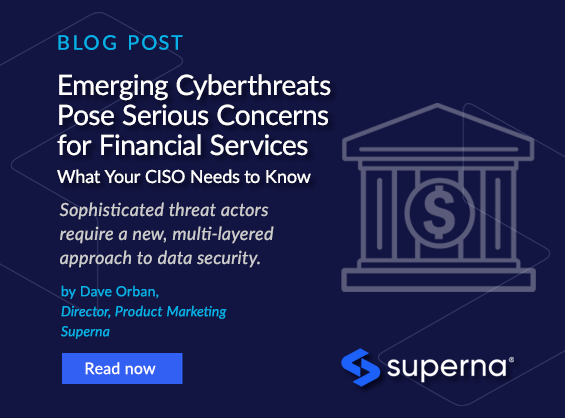
Emerging cyberthreats pose serious concerns for Financial Services: What your CISO needs to know
Digital transformation in the global financial services industry, along with heightened geopolitical tensions, have greatly increased the risk of cyberattack. The risk of extreme losses from cyber incidents continues to increase, having more than quadrupled since 2017 to more than $2.5 billion annually. Given the multitude of ways in which a bad actor can make their way into your network, the traditional, perimeter-based approach to data security is no longer adequate. A layered approach to data security is rapidly becoming the new gold standard for data protection. Read More Blogs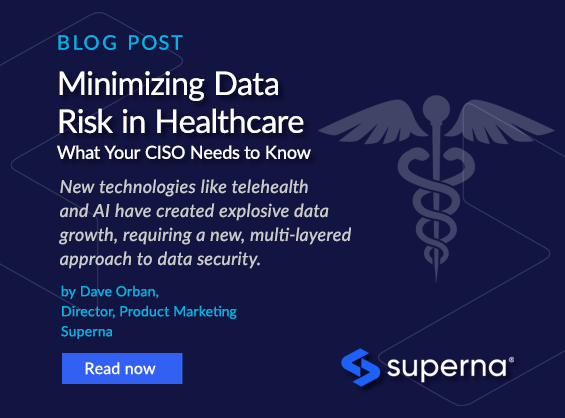
Minimizing Data Risk in Healthcare: What your CISO Needs to Know
Driven by modern, machine-generated workloads typical in healthcare, the amount of unstructured data continues to grow at an astonishing pace. Complex and siloed legacy storage platforms often struggle to meet the demands of securing that data. When coupled with an industry-leading storage platform like the innovative, all-flash platforms offered by Pure Storage, Superna can help healthcare organizations achieve robust cyber resilience, informed by the best practices outlined in the NIST Cybersecurity Framework, the global benchmark for cybersecurity. Read More Blogs
Multi-Layered Data Security is the New Gold Standard
Analyst firms like Gartner are recommending that organizations employ a multi-layered approach to protecting against data security threat events, breaches, ransomware, and even simple coding errors by employing active cyberstorage defense capabilities that can robustly detect and thwart attacks and other disruptions. Read More Blogs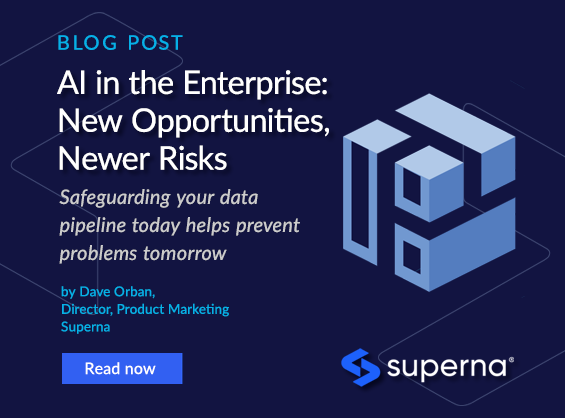
AI in the Enterprise: New Opportunities, Newer Risks
Artificial Intelligence (AI) and Machine Learning (ML) in the enterprise promise to unlock new value and provide superior insights, for enhanced decision-making and better, more consistent outcomes. But they also bring new risks: risks to integrity, privacy, and effectiveness. You see, hackers aren’t really interested in your apps… they’re after your DATA. And AI generates massive amounts of it, all unstructured… a prime target for cyberthreats including ransomware, encryption, exfiltration, and poisoning. Read More Blogs